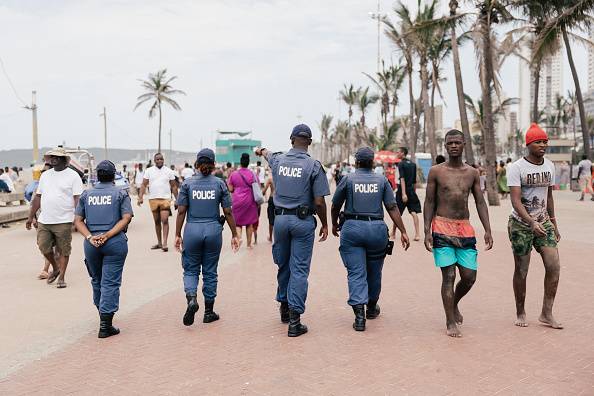With the aim of gathering data for the preparation and drafting of the Seychelles Tuna Fishery Management Plan, key actors in the industry are meeting in a two-day consultative workshop to lay the foundation for how to manage the tuna fishery.
Commencing on Thursday, the aim of the workshop is to have everyone involved identify and prioritise issues in the Seychelles tuna fisheries. They are also tasked with defining the scope, vision, purpose, and objectives of the plan, as well as identifying and prioritising options for new conservation and management measures.
At the meeting, the fisheries minister, Jean Francois Ferrari, said the management plan will “promote the effective and holistic development, management, conservation, and equitable use of tuna resources in Seychelles in line with the Fisheries Policy and Strategy 2019.”
The plan is expected to be developed in line with stock status, Indian Ocean Tuna Commission (IOTC) conservation, and management measures, including the current IOTC yellowfin tuna stock rebuilding plan, and management measures.
These “are presently being discussed and set for implementation in the near future, not forgetting national policies in ocean governance initiative like our own Seychelles Marine Spatial Plan,” said Ferrari.
In Seychelles, the fisheries sector is the second economic pillar of the country, and tuna fishery has four key fleets – the domestic artisanal and recreational fleet, the domestic semi-industrial fleet, the industrial long liners, and the purse seiners.
“The government wants fisheries management plans to be developed through stakeholder-driven processes. The completion of this plan and the start of its implementation will mean that most of our commercial fisheries will now be under active management,” said the minister.
Seychelles has in place the Mahe Plateau Trap and Demersal Fishery Management Plan, as well as management measures for sea cucumber and lobster fisheries. The country is also implementing tuna management measures outlined by the IOTC.
The project leader, Jude Bijoux, said that following this two-day workshop, the consultants will have enough material to start developing the plan.
“We will have different working groups to work on specific issues, this will include control and surveillance issues, and performance evaluation among others. We expect to have a first draft in circulation by the end of April,” said Bijoux.
This two-day workshop will be followed by another similar two-day workshop next week to address the drafting of the Tuna Industry Development Plan. The development plan will focus on weaknesses and opportunities in Seychelles’ tuna fishery and industry, and strategies for addressing threats and enhancing opportunities.
During these sessions, there will be several presentations and discussions, following which all relevant parties will be able to make recommendations on strategies for the implementation of prioritised development pathways.




















Discussion about this post